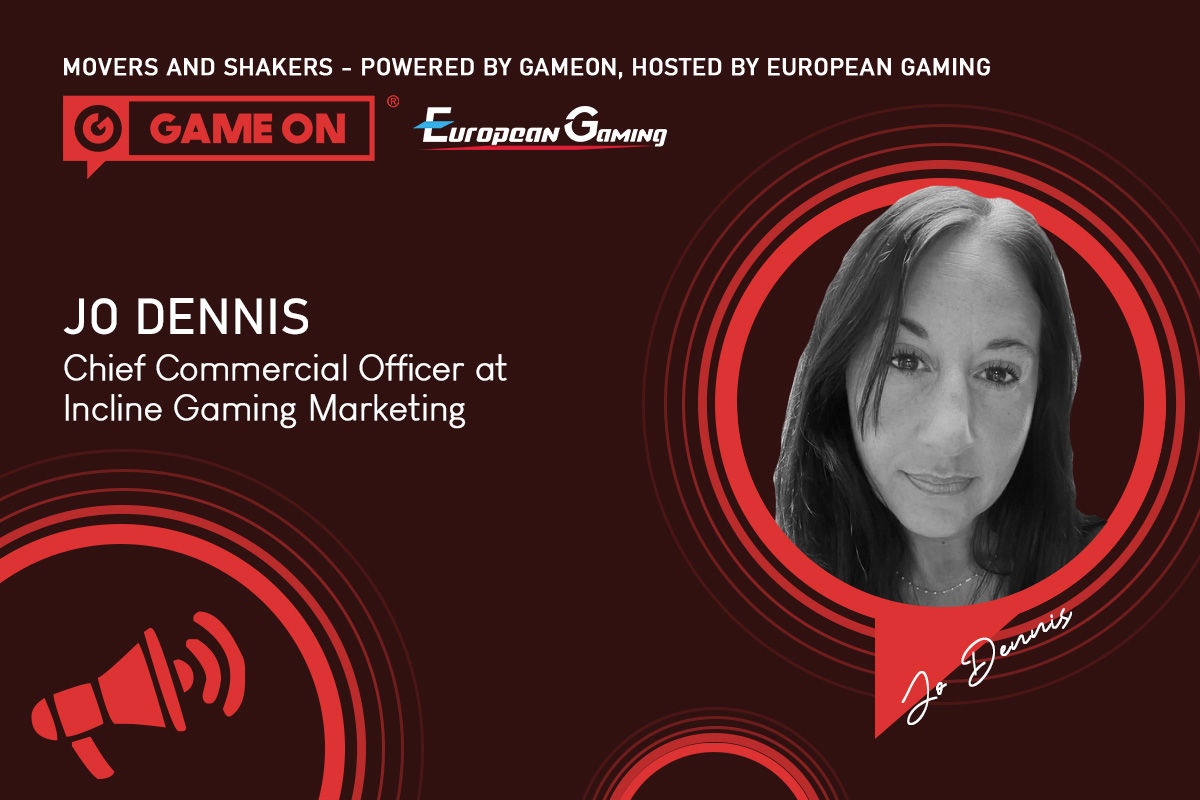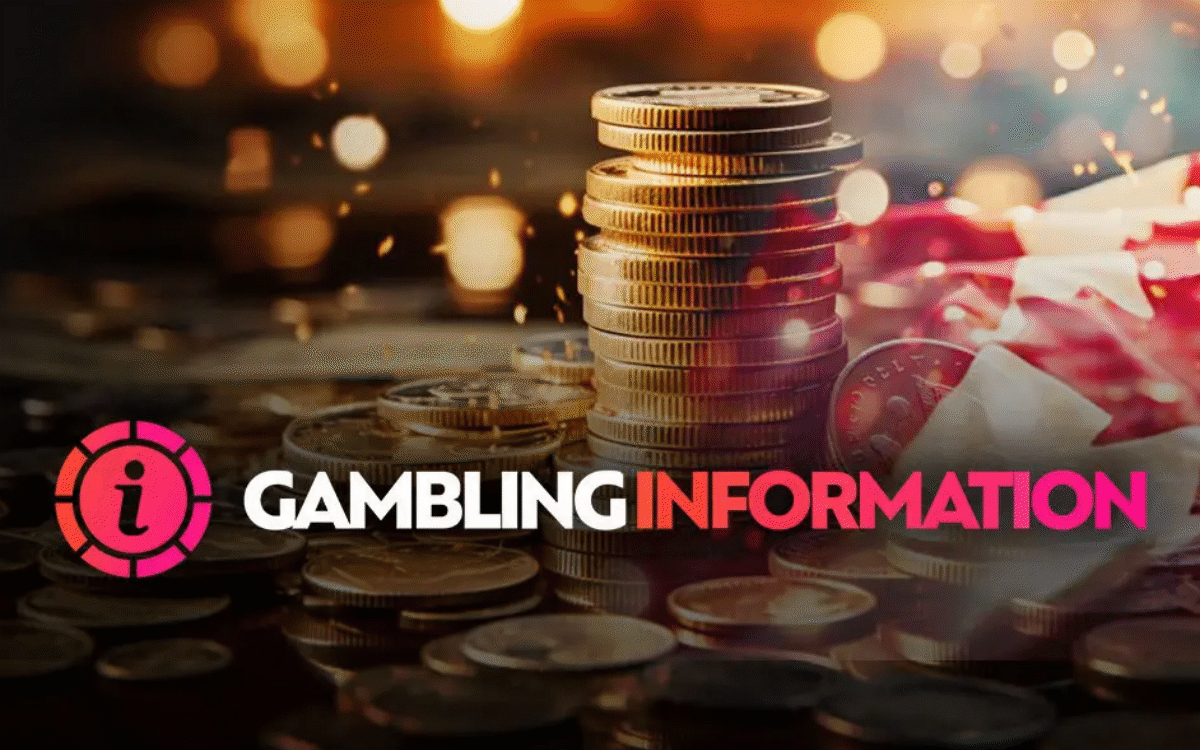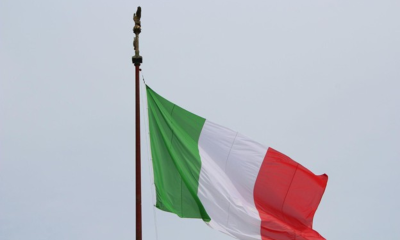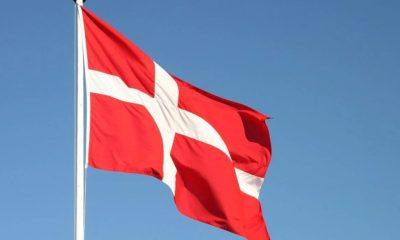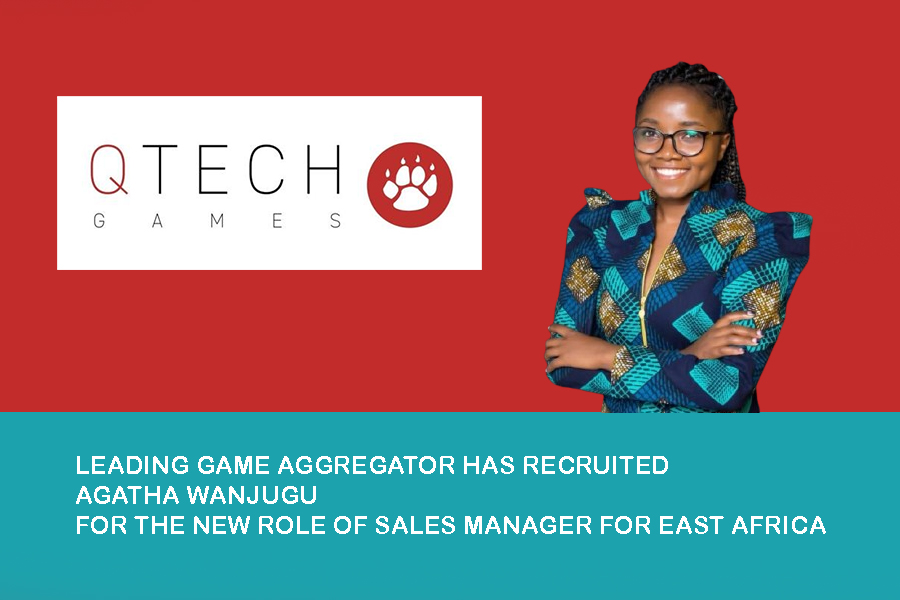Compliance Updates
Danish Gambling Regulator Expands ROFUS System to Physical Stores

Danish Gambling Authority Spillemyndigheden has confirmed that the country’s ROFUS self-exclusion system has been extended to include betting in physical stores. The extension applies to new registrations created on and after 1 October 2023. Registrations from before 1 October 2023 will not change.
From 1 October 2023, it is mandatory for players to identify themselves with a so-called Player ID when buying bets at physical retailers, such as kiosks and betting shops. The ID must be used when a player wants to place bets in physical stores in Denmark.
The implementation of the Player ID means that ROFUS now also blocks betting in physical stores. This means that a registration with ROFUS or a renewal of an existing registration with ROFUS on or after 1 October 2023 will block:
- Online games offered by gambling operators with a Danish licence
- Physical casinos in Denmark
- Physical bets offered at a physical retailer, e.g. kiosks or betting shops in Denmark
- Direct advertising from these gambling operators
If you are registered with ROFUS before 1 October 2023 and do not renew your registration, the exclusion will remain unchanged. You will still only be blocked from online gambling offered by gambling operators with a Danish licence, physical casinos in Denmark and from receiving direct advertising from these.
The background for the expansion of ROFUS and the implementation of the Player ID is a political desire to increase consumer protection and reduce the risk of young people under the age of 18 gaining access to gambling in physical stores. In addition, there is a desire to strengthen efforts to combat match-fixing and money laundering.
The implementation of a mandatory Player ID in the physical betting market was politically agreed in November 2019.
-

 Asia3 days ago
Asia3 days agoDigital gaming disruption tackled in 1st AsPac Regulators’ Forum
-
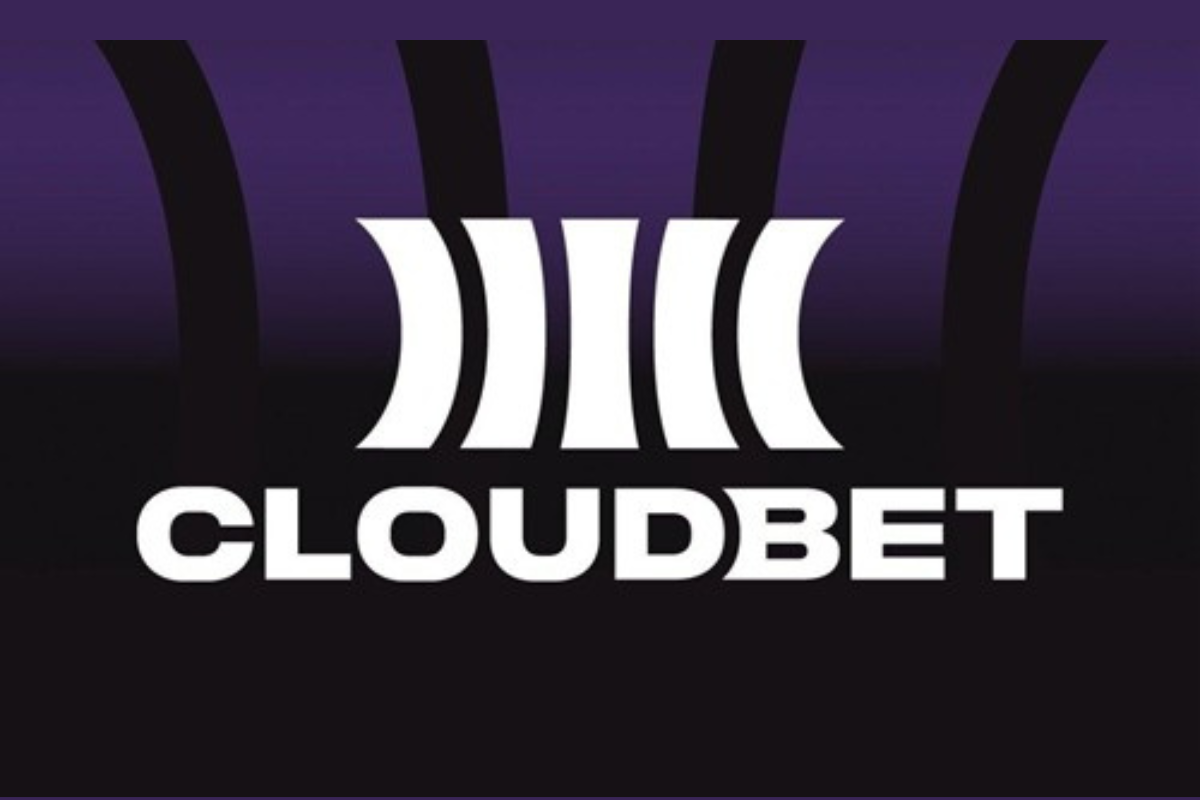
 Latest News6 days ago
Latest News6 days agoCloudbet maps regional betting trends in August–September 2025
-

 Latest News6 days ago
Latest News6 days agoHigh Roller Launches New Online Casino Brand in Finland
-

 Latest News6 days ago
Latest News6 days agoNetBet Denmark expands its casino library by adding SYNOT Games as a provider
-

 Central Europe6 days ago
Central Europe6 days agoPromatic Games and SYNOT Interactive Announce Strategic Partnership to Strengthen iGaming Expansion in Central and Eastern Europe
-
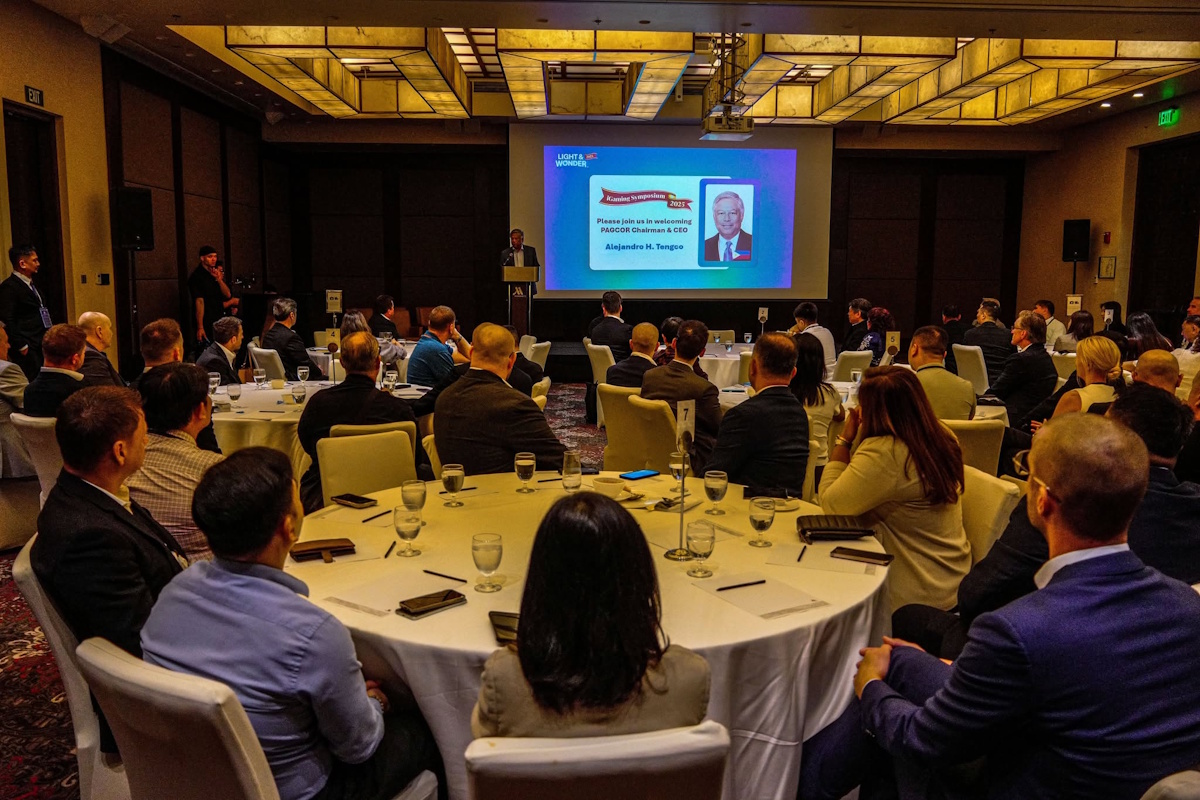
 Asia5 days ago
Asia5 days agoPAGCOR chief pushes for stricter regulation, not online gaming ban
-
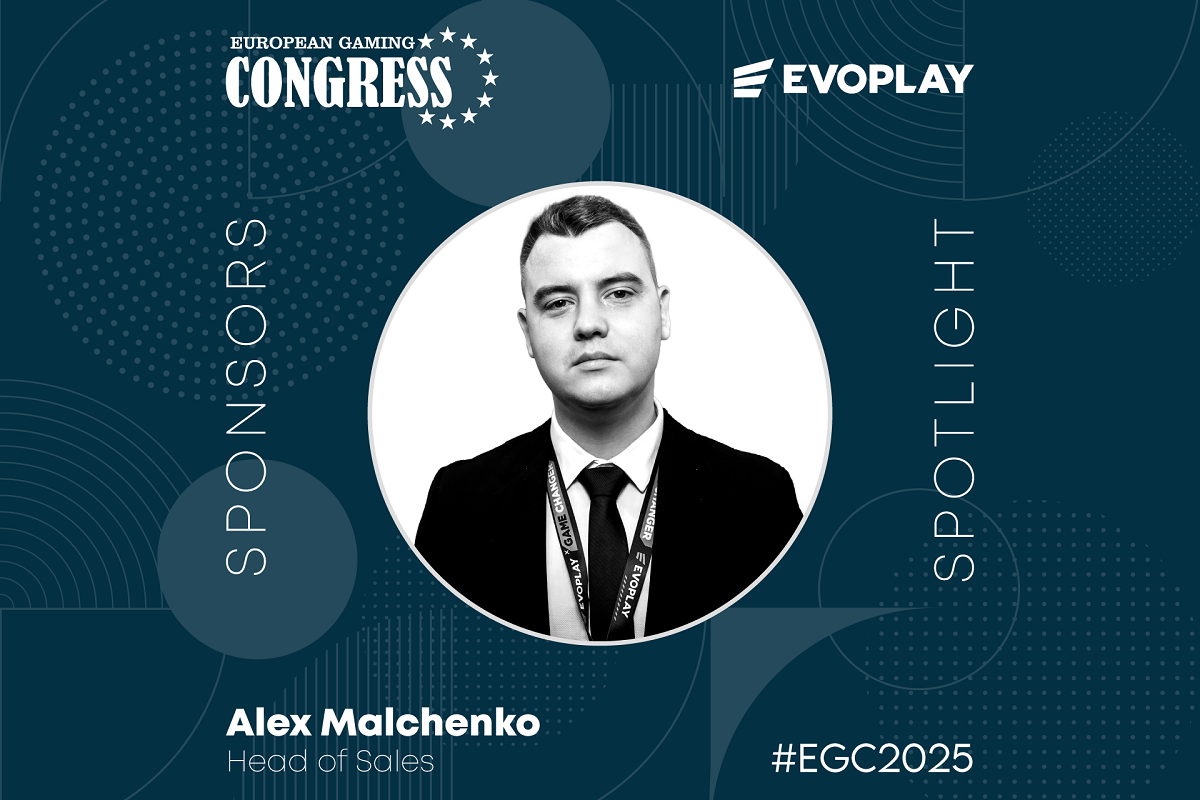
 Conferences in Europe6 days ago
Conferences in Europe6 days agoStrategies that Scale: Evoplay’s Alex Malchenko on Cracking the Code of Localised iGaming Success
-

 Conferences in Europe6 days ago
Conferences in Europe6 days agoNew Gamification Academy at SBC Summit to Present Fresh Approaches to Player Engagement







